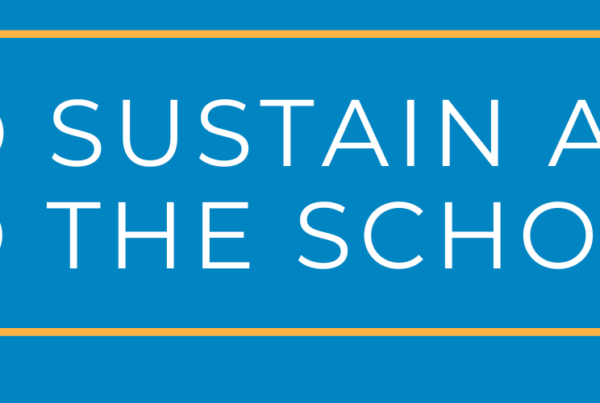 By Scott Lutostanski – Director of Academic Consulting
By Scott Lutostanski – Director of Academic Consulting
Performance is the action or process of carrying out or accomplishing an action, task, or function. In terms of a student, performance is the grades they are earning, the scores they’re getting on tests, and difficulty of classes they are in. The same goes for athletics. Are you a starter? Are you good enough to play in college? These are common questions an athlete faces. The same goes for music, theater, and any other extracurricular that a student may be involved in. There is nothing wrong with striving to be best or wanting to get good grades. That is a good trait for a student to have. However, we must be aware of the link between performance and self-esteem.
Self-esteem is confidence in one’s own worth or abilities. This can take a hit when our performance does not exceed our expectations. For students, experiencing a low test score, being recommended for a non-honors class, or hitting a wall in school will often lead to a lack of confidence. This will drive a student further from reaching the performance that they are striving towards. This can often turn into a cyclical process. Struggling with school performance morphs into a loss of confidence and leads to poor school performance and self-esteem issues.
The cycle described can lead to isolation. I find this most common in college students, but it happens at all ages and grades. As self-esteem and self-worth wanes, the student becomes more and more isolated. Walls and barriers are put up. They are no longer letting teachers or parents in on their struggle. This results in a student not willing to work, motivation suffers, or they shut themselves off from asking for help. This can be particularly damaging when a student stops advocating for himself and is unable to recognize that he needs help and seeks it. This creates a lot of adversity for students to overcome withdrawal from school and isolation from others.
So how do we combat this? A shifting perspective is helpful. An understanding that performance goes up and down. There are peaks and valleys; the valleys require more work than the peaks. Setbacks are normal and to be expected. Just as athletes watch game film, identify mistakes, analyze skills, and create practice to improve, students must have the same mindset. This arises through self-awareness, self-evaluation, and executive function skill development. This process requires feedback and support, but can help students overcome lackluster performance, low self-esteem, and the resulting behaviors.





